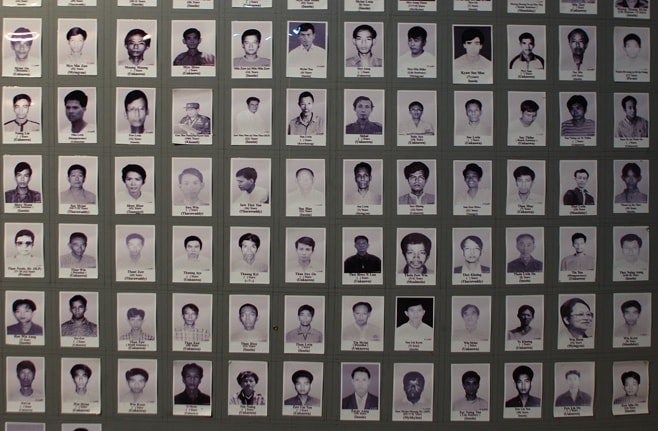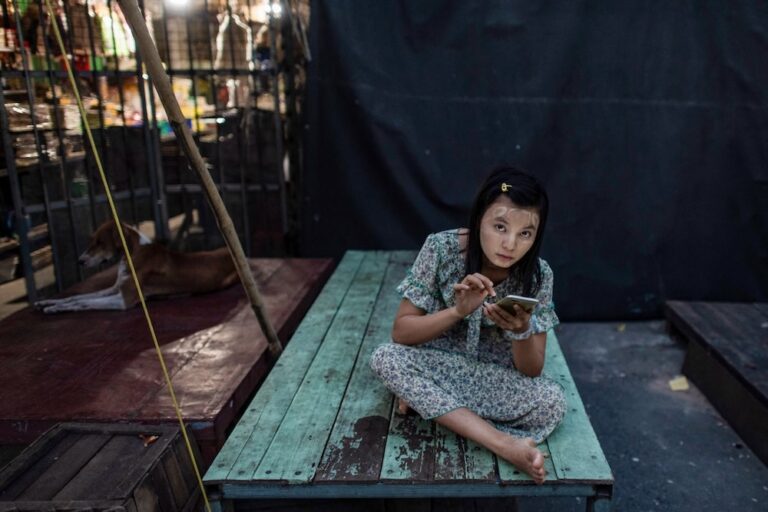The Burma Action Group welcomed the recent prisoners' release while urging caution in considering this an indicator of an improved human rights situation.
(SEAPA/IFEX) – Members of the Burma Action Group welcomed the release of 7,114 prisoners while urging caution in considering this an indicator of an improved human rights situation:
The Honorable Ban Ki-moon
Secretary-General
United Nations
Secretariat Building, Room S-3800
New York, NY 10017
H.E. Dr. Ali Abdussalam Treki
President of the 64th Session of UN General Assembly
Department for General Assembly
United Nations
New York, NY 10017
ASEAN Secretary General Surin Pitsuwan
The ASEAN Secretariat
70A, Jalan Sisingamangaraja
Jakarta 12110 Indonesia
Fax : +6 221 739 8234 / 724 3504
E-mail: termsak@aseansec.org
Honourable Representatives of the UN and ASEAN,
We, members of the Burma Action Group (BAG), a coalition of over 20 press and rights advocacy groups that are members and partners of the International Freedom of Expression eXchange (IFEX), welcome the release on 18 September 2009 of 7,114 Burmese prisoners, among whom were four journalists and approximately 128 political prisoners.
However, we suggest caution in considering this amnesty as an indicator of improvement in the Burmese military regime’s handling of human rights. Nor should this be seen as a positive sign for the upcoming general election in Burma in 2010.
While the Burmese government announced news of the amnesty for the prisoners, most of whom had already almost served their full terms, a dozen political activists and monks have been reported to have been arrested during the month of September.
According to the Assistance Association of Burmese Prisoners (Burma), a total of 2,211 political prisoners are still languishing in Burma’s jails as of 3 September. US-based Human Rights Watch, in its report released on 16 September, suggested that the number of political prisoners in Burma has in fact doubled since the junta’s bloody crackdown on the monk-led democracy protests in September 2007. There are currently 10 journalists imprisoned in Burma, reports The Committee to Protect Journalists (CPJ).
The amnesty should not give rise to unjustified optimism. Rather, it should be seen for what it clearly is: the same old tactic employed by the junta to satisfy international outcry and preempt the more crucial demand – which is a concerted call for the release of all political prisoners, including detained opposition leader and Nobel Peace Laureate Daw Aung San Suu Kyi. The outspoken National League for Democracy (NLD) leader had her house arrest extended to 18 months in August for breaching her detention rules after an American man swam uninvited to her home in May.
It should also be noted that the amnesty was granted just a few days ahead of Burmese Prime Minister Thein Sein’s visit to the United States to attend the 64th session of UN General Assembly in New York City, which will last until the end of September.
In order to make a significant contribution to political reform in Burma and to the upcoming election, the international community, especially at the 64th gathering of the UN General Assembly, should persistently pressure the Burmese junta to release Daw Suu Kyi and members of all banned political parties now so that they can participate in the elections scheduled for next year. We also call on international leaders to appeal to the Burmese government to end gross human rights abuses in the country, including violations of freedom of expression and the continued detention of political prisoners.
We in particular urge the foreign ministers of ASEAN member states to address these issues during the UN General Assembly meetings.
Sincerely,
Cambodian Association for the Protection of Journalists
Citizen Lab, Canada
COMUNICA, Uruguay
International Media Support, Denmark
International News Safety Institute (INSI), Belgium
Foundation for Media, Communication and Development (VIKES), Finland



